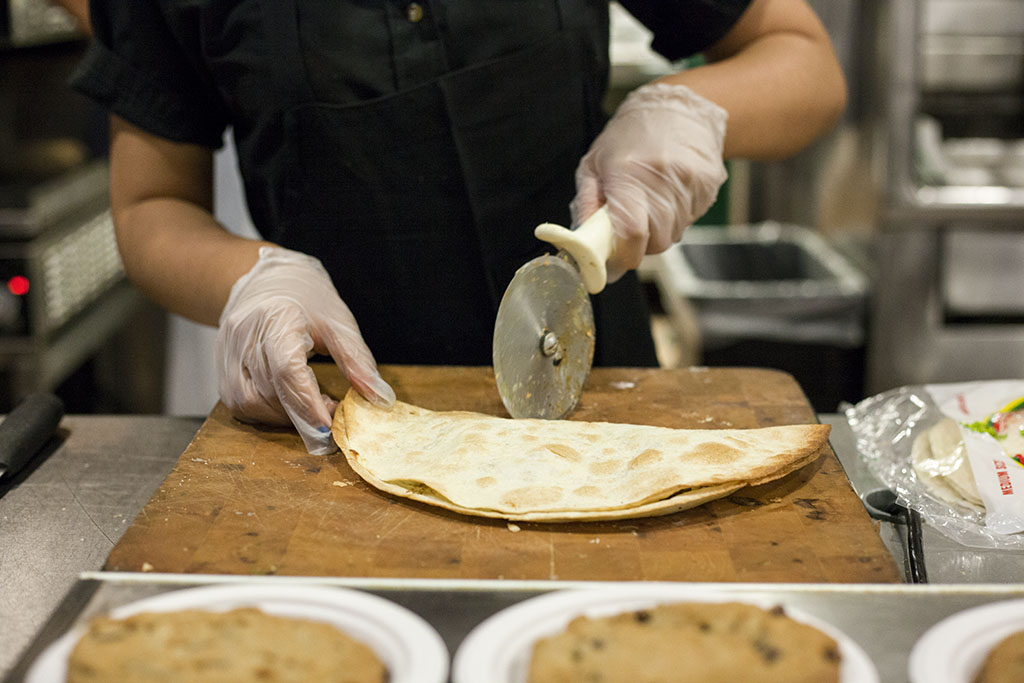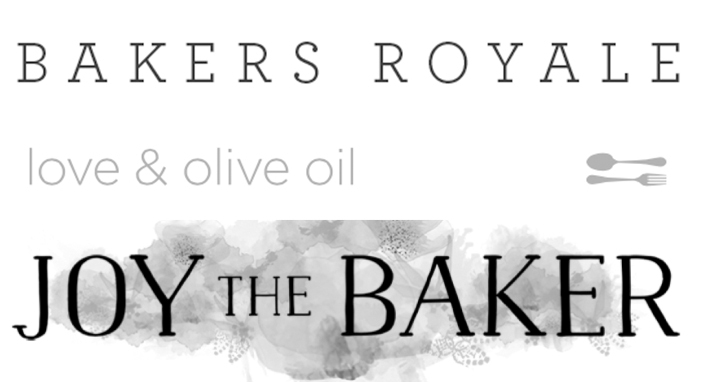In a stroke of necessary clarity, the California Assembly Health Committee unanimously voted on March 25 to repeal the glove law that incited protest from the food industry.
INEFFECTIVE RESTRICTIONS
When the law went into effect at the beginning of 2014, it required food industry workers to wear gloves when handling any foods that would not be cooked, commonly referred to as “ready-to-eat foods.” The restrictions bordered on the sublimely ridiculous, extending from cooks assembling cheese plates or cutting fruit to bartenders placing a spring of fresh mint in a drink.
Outrage from the food industry about these restrictions quickly received media attention, especially as three petitions calling for the health committee to repeal the law appeared on Change.org. The response from the food community came in loud and clear between the tongue-in-cheek petition “Latex in the bedroom, not in the kitchen: Repeal the “Glove Law” started by ForageSF, a business dedicated to supporting the local food community, a petition to exempt bartenders from the law, and a petition arguing that requiring gloves hinders sushi chefs.
While the law’s good intentions are in accordance the general public’s idea that gloves equal a more sanitary kitchen, the truth remains that bedecking workers in gloves does far more harm. Gloves are a false sense of security provided to diners by lawmakers, not much more effective than cootie shots administered by your elementary school peers on the playground. As much as you want to believe they will protect you from foodborne illness, they’re really just a waste of the cook’s time and the restaurant’s money.
A MATTER OF PRACTICALITY
Foodborne illness should be taken seriously, but placing gloves on the hands of every professional cook as if they have a case of the cooties is not the answer. In sickness or in health, gloves are not practical.
If a cook shows up to work with a contagious illness, sticking a layer of latex over his or her mitts isn’t really going to do the trick. Would you prefer the prep guy battling the stomach flu or recently diagnosed with hepatitis A be sent home or told to throw on a pair of gloves?
I thought so.
If the average healthy food handler practices proper hygiene, which is as easy as keeping fingernails short and washing hands with hot water and soap throughout their shift, the general public has no reason to be concerned. Restaurants and other food service establishments should be concerned with educating their staff about proper hand washing and ensuring that it becomes habit among the kitchen staff.
This includes washing hands after using the bathroom, coming inside from a break and changing tasks to avoid cross-contamination between food items. If an establishment cannot reinforce these basic habits within their restaurant, then what guarantees that gloves will be used in a way that prevents spread of disease?
GLOVES NOT ALWAYS THE ANSWER
Gloves are often changed less than they should be — which is every time a cook switches a task — especially because a person does not sense that the gloves are dirty as easily as one feels that their hands are getting sticky or grimy. Gloves do not prevent contamination between raw food or potential allergens any better than hand washing, and may end up increasing the risk of cross contamination. If a cook is not responsible enough to wash their hands on a regular basis, I would bet they’ll also be sporting the same pair of gloves for quite some time.
Additionally, the sheer number of gloves that one person would go through in a night threatens the environment. A cook might change tasks, and therefore gloves, dozens upon dozens upon dozens of times throughout a night. Essentially, the defunct law mandated that the food industry help eradicate that pesky space in landfills with millions of latex or vinyl gloves.
Our society should never be so sterile that we are afraid of another well-washed and healthy human touching the food we are paying them to prepare for us. The only real solution to such a phobia is requiring robots to replace human cooks.
CHEF ARTISTRY HINDERED BY GLOVES
However, I guarantee that a robot could never master cooking in the way that human chefs can. Cooking is an art, something that pure mechanical skill cannot replicate. A chef needs to feel the tenderness of a rare steak or sprinkle finishing salt with precision. Gloves hinder this artistry by being cumbersome, sweaty, sticky and just plain annoying. As they can get in the way of the simplest task, gloves also slow chefs down, which is unforgivable in the fast-paced environment of the kitchen.
Though the Assembly Health Committee has returned the health code section affected by the law to its original state, they will also be revisiting the issue of bare hand food contact, which means this issue has not be laid to rest at all. I urge the people involved in this decision to pick up a package of latex gloves before making dinner at home one night and give it a whirl.
Try to pit a cherry, cut meat or sprinkle herbs without anything slipping from or sticking to the latex barrier between the food and your hand. If they follow their own advice, or the letter of their laws, they are sure to discover the frustrating and futile nature of food preparation with gloves that they are so quick to impose on the food service professionals of California.










